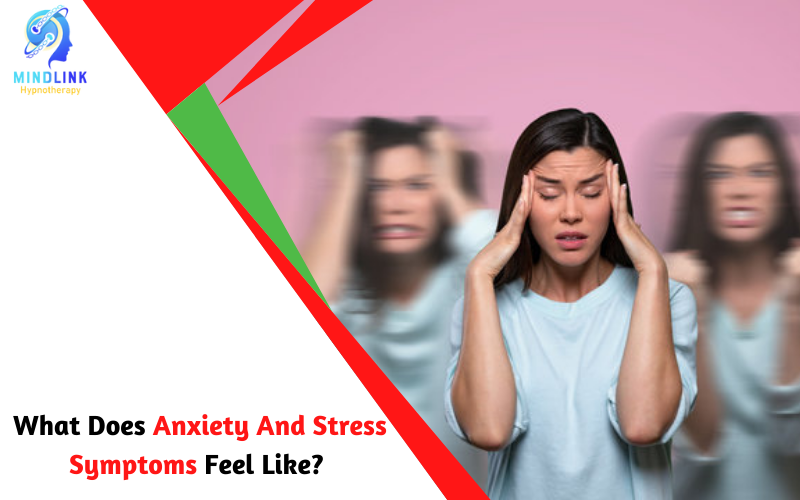Anxiety isn’t only a mental illness.
If you experience anxiety, you may find yourself worrying, tense, or terrified of everyday events. These feelings can be upsetting and challenging to deal with. They can also make daily living difficult. Physical anxiety and stress symptoms in Bribie Island might also occur. Consider a period when you were anxious. Perhaps your hands were sweaty, and your legs were trembling. Your heart rate may have increased. It’s possible you felt ill to your stomach.
You may have connected these symptoms to your anxiety. It’s conceivable, though, that you weren’t sure why you were feeling bad. Stress affects the majority of individuals at some point in their lives. If worry persists for an extended period of time, causes severe discomfort, or interferes with your life in any way, it may be harmful or progress to a condition.
Types of anxiety include:
- Panic disorders
- Generalized anxiety disorder (GAD)
- Separation anxiety
- Social anxiety
- Phobias
- Obsessive-compulsive disorder (OCD)
Some anxiety disorders include symptoms that are particular to the concerns associated with the anxiety. On the other hand, anxiety disorders have a lot of somatic symptoms in common. Please continue reading to discover more about the physical signs of stress and how they influence you.
What effect does worry have on your body?
Physical Stress and anxiety symptoms in Bribie Island can have a negative impact on one’s health and everyday life.
Physical symptoms of anxiety
- stomach pain, nausea, or digestive trouble
- headache
- insomnia or other sleep issues
- weakness or fatigue
- rapid breathing or shortness of breath
- pounding heart or increased heart rate
- sweating
- trembling or shaking
- muscle tension or pain
Additional physical symptoms may accompany some forms of anxiety.
If you’re suffering a panic attack, you may find yourself doing the following:
- fear that you’re going to die
- have difficulty breathing or feel like you’re choking
- experience numbness or tingling feelings in sections of your body
- have chest pain
- feel lightheaded, dizzy, or as if you might pass out
- feel overheated or have chills
Anxiety, or the body’s reaction to stress, is how your body warns you about dangers and prepares you to cope with them. It’s known as the fight-or-flight response.
When your body senses danger, your lungs strive to pump more oxygen through your body if you need to flee. This might make you feel as though you’re not receiving enough oxygen, making you feel even more anxious or panicked.
Your body isn’t built to remain constantly on high alert. Chronic anxiety can cause your body to be in continual fight-or-flight mode, which can have unpleasant and dangerous consequences.
Tensed muscles may prepare you to flee from danger swiftly, but they can also cause discomfort, tension headaches, and migraines if they are consistently tense.
Increased pulse and respiration are caused by the chemicals adrenalin and cortisol, which can be beneficial when confronted with a threat. These hormones, however, affect digestion and blood sugar levels. If you’re frequently stressed or anxious, releasing these hormones regularly can have long-term health consequences. Your digestion may also shift as a result of the situation.

